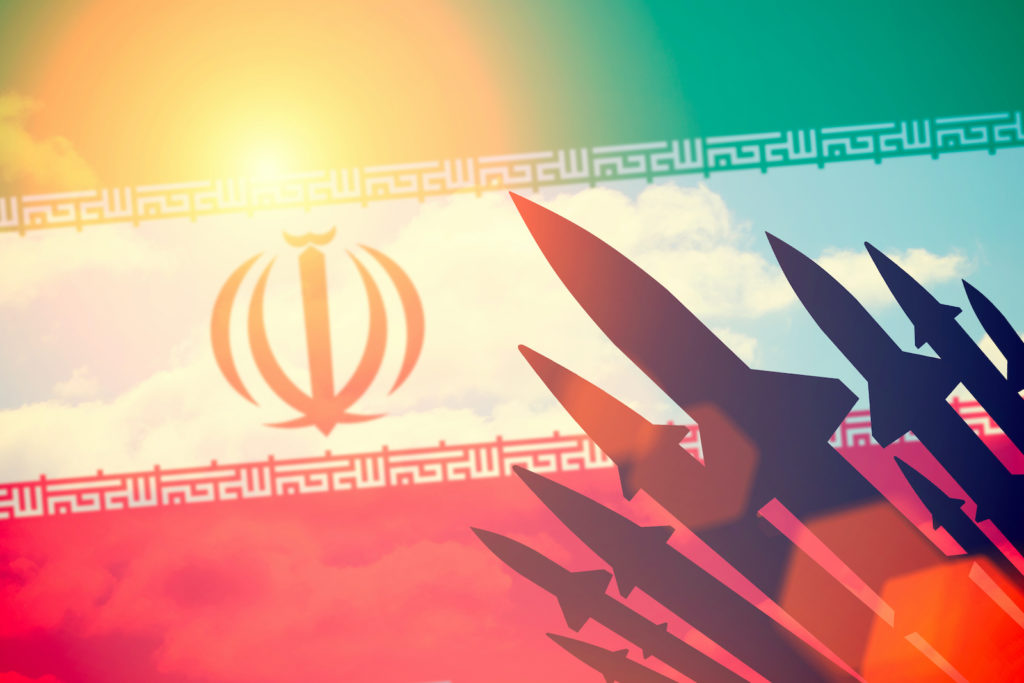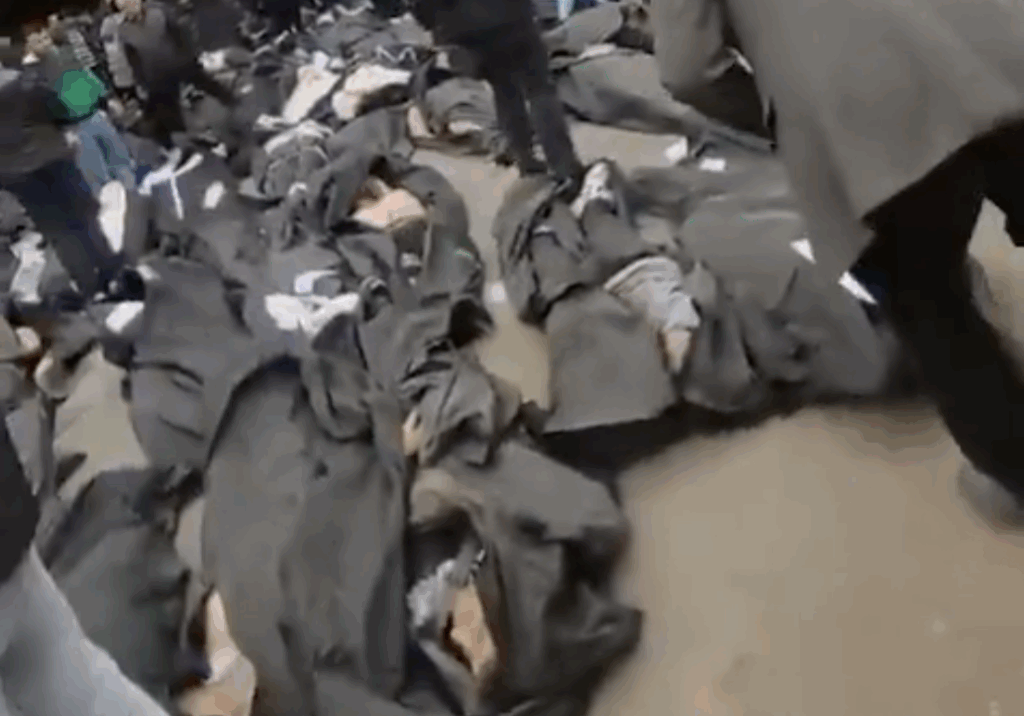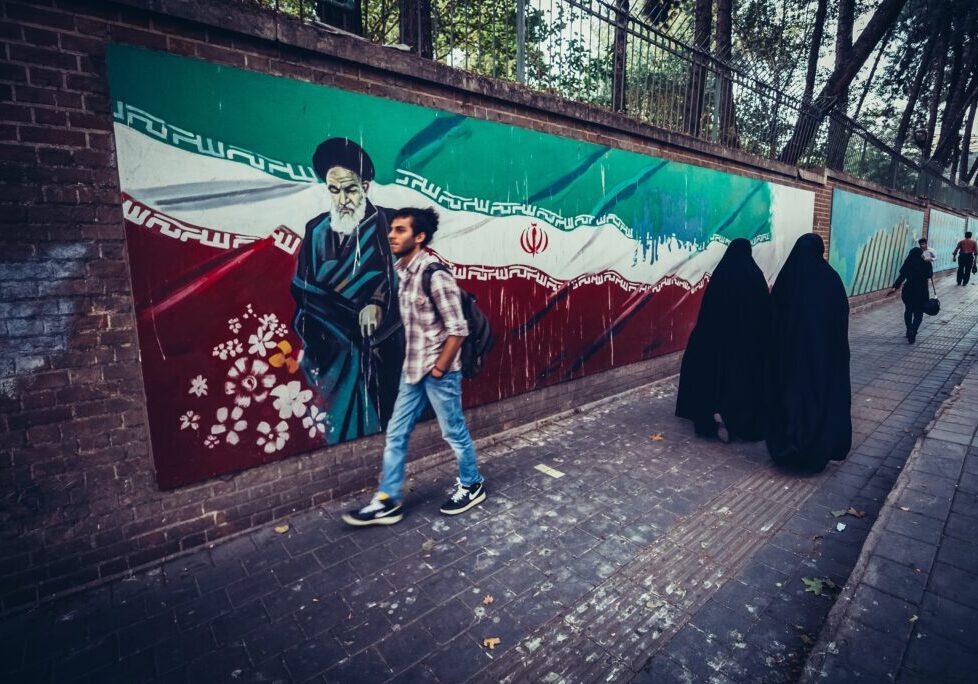Australia/Israel Review
Deconstruction Zone: Forget the JCPOA, what about the NPT?
Aug 3, 2022 | Blaise Misztal, Jonathan Ruhe

Iran has not only irreversibly shredded the 2015 Joint Comprehensive Plan of Action (JCPOA), but – much more worryingly – it has long been in violation of the original nuclear agreement: the Non-Proliferation Treaty (NPT). Rather than pursuing yet more unproductive diplomacy with Iran over the JCPOA, US President Joe Biden should focus on working with his European counterparts to push Iran back into NPT compliance, lest Teheran’s wanton disregard spell the beginning of the end of the world’s most successful arms control regime.
Since the treaty entered into force in 1970, more countries – 190 in total – have joined than any other arms control agreement ever, and none have attained nuclear weapons as a signatory. This effectiveness stems from a basic trade-off: Parties gain access to peaceful nuclear technology in exchange for forgoing enrichment. Article IV speaks only of an “inalienable right to develop research, production and use” of peaceful nuclear energy, and this right is conditioned explicitly on not pursuing, transferring, or possessing nuclear explosive devices. The treaty also effectively ties this right to adherence to International Atomic Energy Agency (IAEA) safeguards.
However, Iran asserts an “inalienable right” to enrich uranium under the NPT, even as it has worked on a nuclear explosive device and failed repeatedly to comply with safeguards. These efforts and Teheran’s covert enrichment activities prompted inspectors to declare Iran in violation of the NPT in 2005. By 2010 the UN Security Council had imposed six resolutions, five of them legally binding, requiring Iran to suspend enrichment and come clean on its other NPT violations, including past development of a nuclear weapon. Teheran did no such thing, despite the IAEA issuing a lengthy 2011 report detailing Iran’s covert weapons program and its blocking of inspectors.
This formed the immediate backdrop to the JCPOA and the 2013 interim deal, which blessed Teheran’s self-proclaimed right to enrich and declared, “Iran’s nuclear program will be treated in the same manner as that of any non-nuclear weapon state party to the NPT.” The JCPOA’s preamble even said the deal would “mark a fundamental shift” in the world’s treatment of Teheran’s nuclear program. Rather than actually compelling Teheran to address its NPT violations, the deal dismantled the legal case against Iran’s illegal nuclear activities. Accomplishing this entailed ending all Security Council sanctions on Iran, via a perfunctory roadmap that failed to address the 2011 report or confirm the peaceful civilian nature of Iran’s nuclear activities. The JCPOA nevertheless took effect in January 2016.
Israel’s daring 2018 seizure of Iranian nuclear archives confirmed Teheran’s bad faith throughout this process, putting paid to the JCPOA’s claim that Iran could be an NPT member in good standing. Teheran has underscored this fact by obstructing ongoing IAEA probes into suspected sites, revealed in Iran’s archives exposed by Israel, where work on nuclear weapons occurred.
Rejoining the nuclear deal would not resolve inspectors’ concerns, which were serious enough for the IAEA to censure Iran in June. However, it would legitimise an eventual industrial-scale Iranian enrichment program, including explicitly removing by 2025 the basis for future Security Council action. By enshrining an Iranian nuclear program on the cusp of weapons capability, it would also trigger an inherently unstable proliferation cascade as other NPT members around the Middle East raced for the bomb.
And it would fatally devalue America’s “123” civilian nuclear agreements – often called the non-proliferation “gold standard” because US partners in these deals forswear enrichment – with key NPT signatories like South Korea, Taiwan, United Arab Emirates, and Ukraine. In a world where US resources and presence are stretching thinner across Europe, the Asia-Pacific, and the Middle East, and where actions like Russia’s invasion of Ukraine are magnifying the allure of nuclear deterrence against aggression, the NPT’s viability remains paramount for global stability.
Fortunately, US President Joe Biden can avoid these outcomes through “snapback” sanctions. Based on Teheran’s significant JCPOA and NPT violations, any of America’s European partners to the 2015 nuclear deal can initiate a 30-day process restoring the previous six Security Council resolutions. Though Russia or China could submit a resolution to the contrary, the United States, France, or Britain could veto it, after which legally binding prohibitions and sanctions on Teheran’s enrichment program – plus its arms trade and missile programs – would resume.
Other pressures would need to be ramped up in tandem, just as they would when a renewed nuclear deal provides Teheran sanctions relief for regional aggression. But a clearly conveyed push for snapback, drawing on Iran’s horrible record as an NPT party, would be a vital and timely reinforcement of America’s commitment to non-proliferation in an increasingly unstable world.






